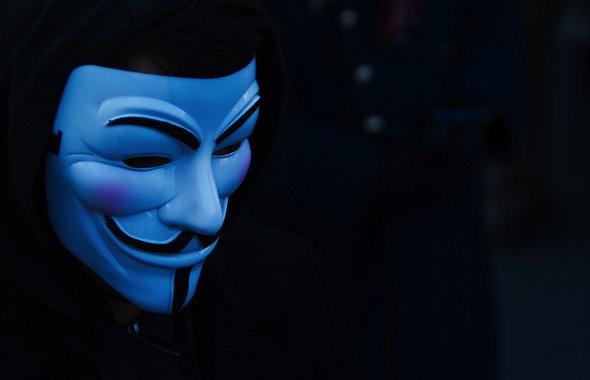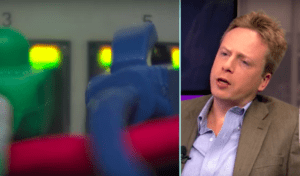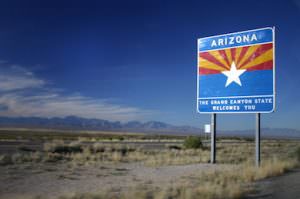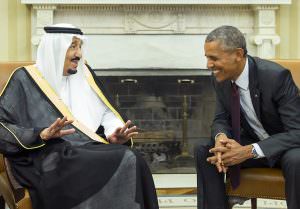Barrett Brown Guilty Plea Could Chill Reporting
The hacktivist journalist pleaded guilty to three charges stemming from his reporting on a high-profile hack by the group Anonymous and his long-standing conflict with the FBI.
Hacktivist journalist Barrett Brown pleaded guilty to three charges stemming from his reporting on a high-profile hack by the group Anonymous and his long-standing conflict with the FBI. Instead of the 105 years in prison he once faced, Brown could see a maximum eight and a half years behind bars, with a chance of serving less time.
Douglas Lucas reports at The Daily Dot:
For most of the year and a half that he awaited trial, Brown was charged with threatening an FBI agent, conspiring to hide his potentially evidence-bearing laptops, and sharing a link to credit card data publicized during the hack of the private intelligence firm Stratfor. Free speech advocates, such as the Committee to Protect Journalists and Reporters Without Borders, called the allegations payback for his journalism.
Brown’s legal troubles kicked into high gear on March 6, 2012, when FBI agent Robert Smith led a raid on his apartment and mother’s house in a hunt for the journalist’s research into contractors who spy or conduct information warfare on behalf of government and corporate clients. The agents took away his computers and other electronics.
The journalist grew more and more infuriated as the FBI refused to return his gear. The dam burst in September 2012, when Brown posted three YouTube rants demanding his equipment back and making wild, hyperbolic threats against the authorities. The government interpreted his heated words as a genuine danger to Agent Smith’s life, arrested Brown, and charged the journalist for the alleged threats. The prosecution later argued his words must be taken in the context that he and Anonymous “secretly plotted the overthrow of the government.”
Two subsequent indictments involved his refusal to hand over laptops during the March 2012 raid and what the Department of Justice insisted on calling identity theft. The latter event occurred in December 2011 when Brown posted to a chat room full of researchers and activists a link allegedly containing personal and credit card data belonging to subscribers to Stratfor. The link was obtained by hackers associated with Anonymous.
Lucas goes on to write that although a plea deal does not set a legal precedent, it does raise the question of what the Justice Department may do to other journalists who cover leaked documents or resolve to protect the identities of hacker sources regardless of official orders to release them.
Lucas quotes Kevin Gallagher, director of Free Barrett Brown Ltd., as saying: “The implications … are worrisome in the extreme. … It must be noted that Brown’s lawyers worked painstakingly to avoid setting an undesirable precedent — one that would place other journalists at risk for dealing with hackers as sources. Yet the dangers of this novel legal construction are clear: journalists may be prosecuted for merely speaking to hackers and having knowledge of their breaches.”
Read more here.
— Posted by Alexander Reed Kelly
Your support matters…Independent journalism is under threat and overshadowed by heavily funded mainstream media.
You can help level the playing field. Become a member.
Your tax-deductible contribution keeps us digging beneath the headlines to give you thought-provoking, investigative reporting and analysis that unearths what's really happening- without compromise.
Give today to support our courageous, independent journalists.





You need to be a supporter to comment.
There are currently no responses to this article.
Be the first to respond.